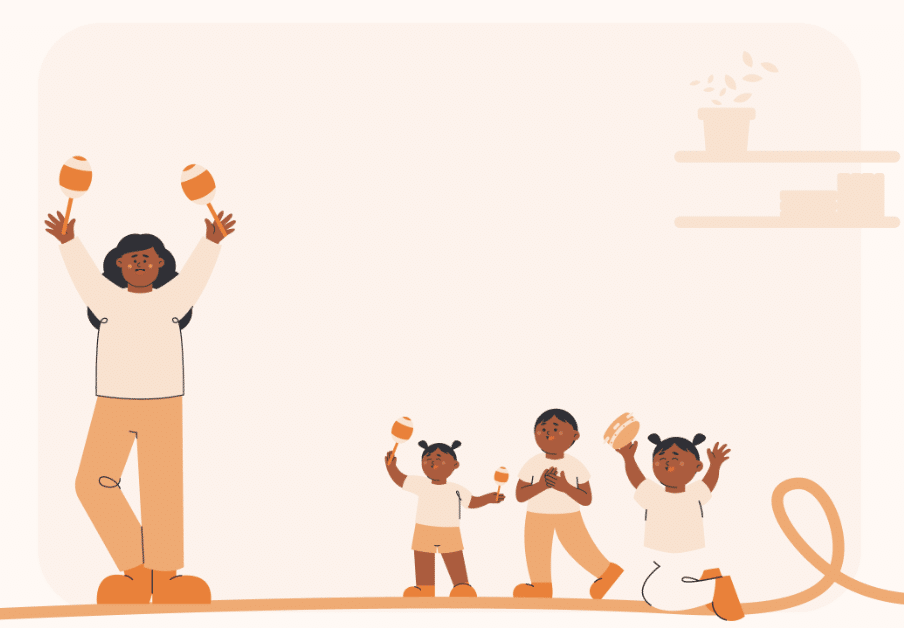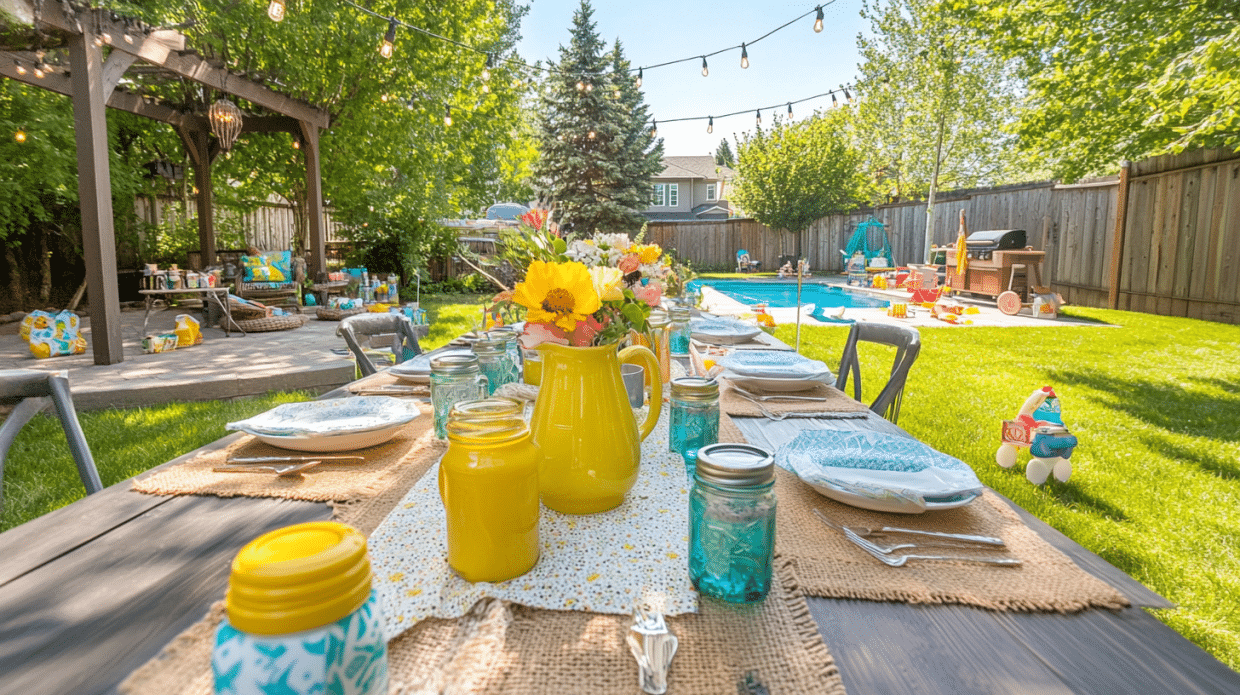Looking for the perfect word to match “yours” in your next song or poem? You’re not alone! Finding just the right rhyme can turn good writing into great writing.
When you write “yours” in a love song, birthday poem, or any creative piece, the word you choose to rhyme with it sets the tone for your entire message.
This guide gives you the best words that rhyme with “yours” and shows you how to use them in your writing.
By the time you finish reading, you’ll have all the tools you need to create rhymes that sound natural and make your writing stand out.
The Concept and Importance of Rhyming Words
Rhyming happens when words end with the same sound. Think of “cat” and “hat” or “blue” and “true.” These similar sounds create a beat that makes writing more musical and fun to read or hear.
When writers use rhymes, they do more than just make things sound nice.
They build a pattern that helps readers remember what they read. This is why many ads, slogans, and children’s books use rhymes.
Rhymes work in different ways:
- They make text easier to remember
- They create a nice flow in poems and songs
- They help emphasize key points
- They can make people smile or feel certain emotions
In schools, teachers often use rhymes to help kids learn new words. The pattern of sounds makes it easier for young minds to pick up language skills.
For songwriters, rhymes are basic tools. They help lyrics stick in your mind long after the song ends. Think about how many song choruses you can recall just because they rhyme well.
Rhymes also help in storytelling by creating a sense of completion when certain lines end with matching sounds. This gives readers a feeling of satisfaction.
Using rhymes in your writing doesn’t mean you need to be fancy. Simple rhymes often work best because they feel natural and don’t distract from your message.
The most effective rhymes don’t call attention to themselves but blend into the writing, making the text more appealing and memorable.
Want to improve your writing? Try adding some well-placed rhymes to make your words stick with readers long after they finish reading.
Words that Rhyme with Yours
In this section, we’ll list simple words that pair well with “yours.” These are great for quick writing needs like shorter poems or lyrics.
- Boars
- Chores
- Cores
- Corps
- Doors
- Drawers
- Floors
- Gores
- Hors
- Oars
- Pores
- Pours
- Roars
- Scores
- Shores
- Snore
- Soars
- Spores
- Stores
- Tours
- Wars
- Wors
- Yours
- Assures
- Cures
- Endures
- Insures
- Manures
- Procures
- Secures
- Obscures
- Ensures
- Allures
- Matures
- Reassures
- Fissures
- Postures
- Rinses
- Captures
- Fixtures
- Lectures
- Renders
- Structures
- Ventures
- Compressures
- Cultures
- Signatures
- Nurtures
- Mature
- Endurances
- Lures
- Recoveries
- Bores
- Loars
- Woods
- Bulls
- Toots
- Puss
- Smosh
- Wolf’s
- Full’s
- Wools
- Goods
- Hoods
- Tush
- Wolves
- Moors
- Adventures
- Completures
- Countersures
- Measures
- Pleasures
- Recaptures
- Raptures
- Textures
- Sealsures
- Creatures
- Abductions
- Compulsures
- Equatures
- Adores
- Explores
- Restores
- Empowers
- Records
- Rounds
- Indores
- Daughters
- Purposes
- Altruistic
- Finals
- Regulates
- Motion
- Natures
- Brooks
- Rooks
- Rocks
- Logs
- Trophies
- Score
- Fours
- Hours
- Desires
- Powers
- Ductures
- Orders
- Extends
- Collectors
- Examines
- Adore
- Explore
- Ignore
- Rulers
- Humors
- Behooves
- Outdoors
- Detours
- Inductors
- Conjures
- Transfers
- Encours
- Fixures
- Amours
- Temptures
- Servers
- Repairs
- Deploys
- Eaters
- Encounterers
Creative Tips for Using Rhymes in Songwriting and Poetry
Good rhymes make songs and poems better. They help your words flow nicely and stay in people’s minds. Here are some ways to use rhymes that will make your writing stand out.
How to Choose the Right Rhyme
- Think about what feeling you want to create before picking rhymes
- Use words that fit your topic and sound natural
- Match your rhymes to your message – “assures” or “endures” work well for serious topics.
- For fun or light topics, try simple rhymes like “boars” or “doors.”
The best rhymes don’t call attention to themselves. They should blend with your writing like they belong there. When readers notice the rhyme more than the meaning, it might be too forced.
Let’s look at an example: “The sunset glows, as day comes to a close.” This feels natural and adds to the image.
But this feels forced: “I saw a cat sitting on my baseball bat.” Unless you’re writing for kids, this might seem too simple.
Rhyme Placement
- Where you put rhymes changes how people feel about your writing
- End-of-line rhymes help readers remember important points
- Try putting rhymes inside lines for a smoother flow
- Almost-rhymes (like “home” and “stone”) can sound more modern
Think about songs you like. Notice how the rhymes work with the beat? That’s no accident. Good songwriters know that rhyme and rhythm must work together.
- Short lines with quick rhymes create fast energy
- Longer lines with spaced-out rhymes feel more thoughtful
When starting out, use simple rhyme patterns (AABB or ABAB). As you get better, try more complex patterns that mix up where the rhymes happen.
The best advice? Listen to how people talk. Natural speech has a rhythm too. Your rhymes should follow this natural flow for the best results.
Conclusion
Rhyming adds magic to your writing by making words stick in people’s minds. It creates a beat that pulls readers along and strengthens your message.
Good rhymes make songs and poems more fun to read and hear. They help your audience remember what you wrote and add a musical quality to plain words.
Start small with simple rhymes in a short poem or note to a friend. The more you practice, the better you’ll get.
What rhymes do you like best? Share your favorite rhyming words or a short poem in the comments below!







